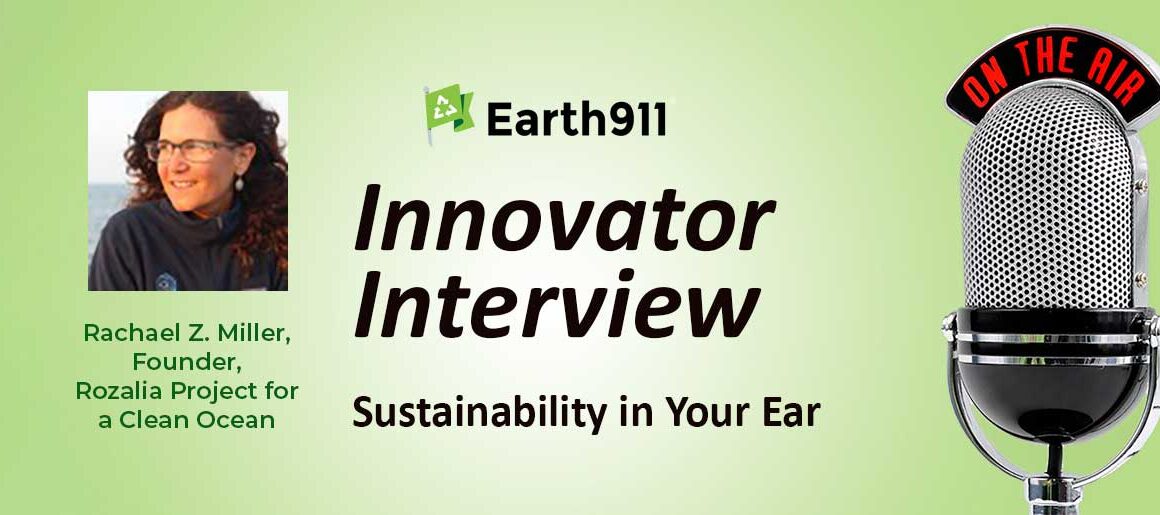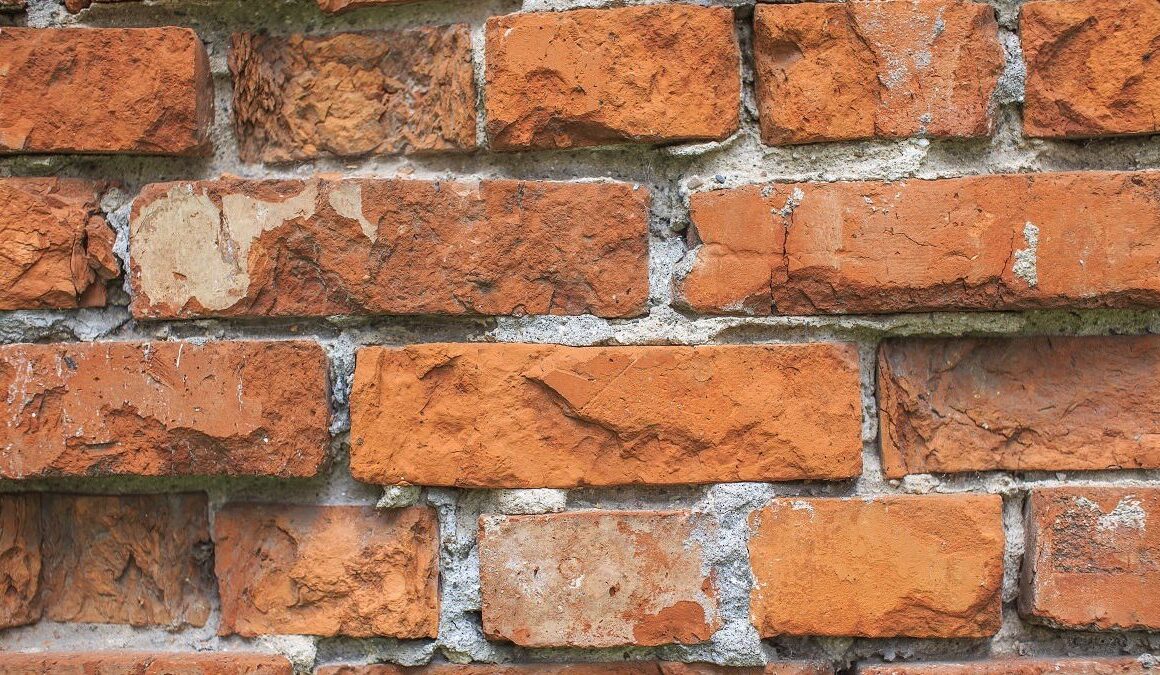An intense heatwave across the US west has brought unusually warm temperatures to the region – some of the highest of the season – and broken heat records.
Millions of Americans from Phoenix to Los Angeles to Seattle are under heat alerts. Even before this latest bout of extreme weather, which began on Wednesday and is expected to last through the weekend, summer 2024 was already considered the hottest summer on record.
In California, the desert city of Indio saw its hottest 5 September at 121F (49.4C), breaking a previous record of 120F from 2020, while Palm Springs tied its heat record for the day at 121F. Palm Springs recorded its all-time high of 124F in July.
The Los Angeles region has not yet broken any records – although Burbank, a few miles to the north of downtown Los Angeles, tied for its all-time high of 114F. But the area is bracing for a days-long stretch of triple-digit temperatures. The temperature in Los Angeles on Thursday reached 102F (38.9C), and Friday was expected to see similarly high temperatures in three figures.
This week, Phoenix marked 100 straight days at 100F or more and its hottest 5 September at 116F. This summer has been the hottest in Phoenix since 1896, when records began.
In the Pacific north-west, schools around Portland closed early due to the heat and the typically cool Seattle broke its daily temperature record on Thursday at 89F. The unseasonably high temperatures in western Washington state also produced diminished air quality, and officials advised people in sensitive groups to limit their time spent outdoors.
California’s central coast also experienced temperatures of more than 100F on Friday. The National Weather Service said the temperature at San Luis Obispo airport early on Friday afternoon was 108F.
This summer was the hottest on record across the world. The Earth saw its hottest day in recorded history on 22 July, which broke a record set the previous day.
Death Valley national park in southern California, one of the hottest places on Earth, has had its hottest summer in history. The average temperature from June to August was 104.5F, breaking previous records of 104.2F, set in 2021 and 2018, according to the National Park Service.
Heatwaves are growing more frequent, more extreme and longer-lasting in the US west and across the world as the climate crisis drives increasingly severe and dangerous weather conditions. Heatwaves are the weather event most directly affected by the climate crisis, an expert told the Guardian in July.
Unhoused people, children, elderly and pregnant people, and those with chronic medical conditions are at higher risk for heat-related illness.
Officials also said the likelihood of wildfires rises with the hot, dry conditions. A wildfire burning in San Bernardino county has grown to more than 500 acres, and evacuation warnings were in place for the city of Highland.









Recent Comments